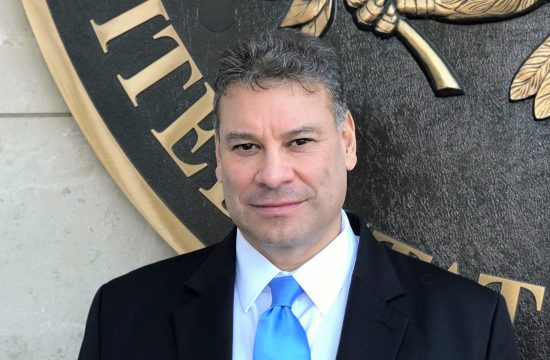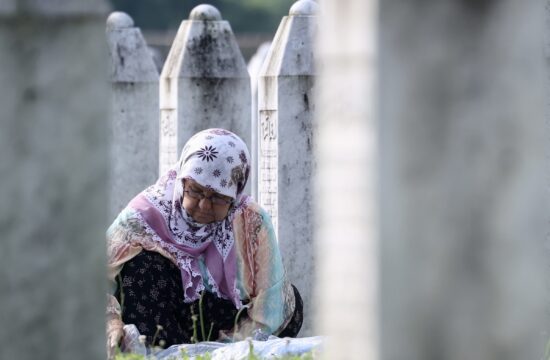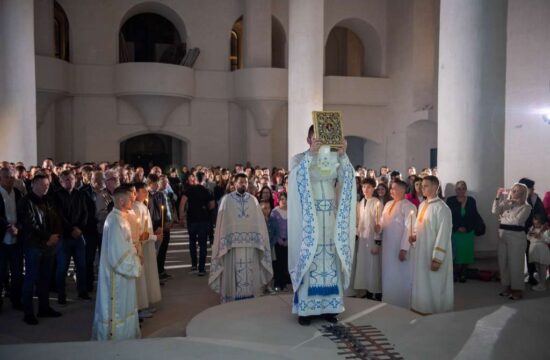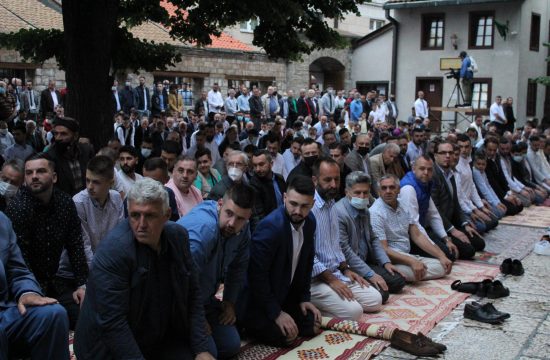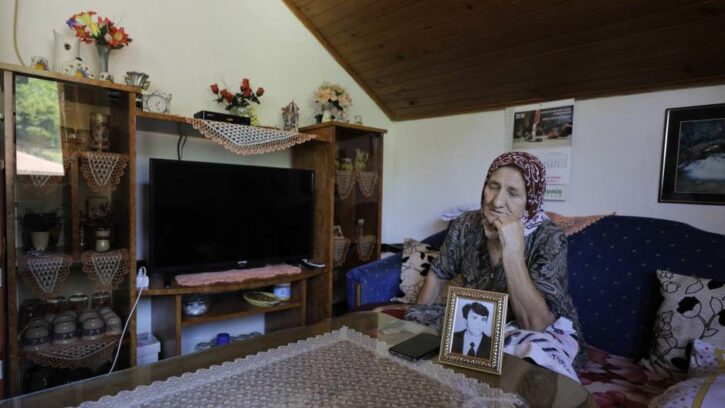
The remains of 31 victims of the Srebrenica genocide are ready for the funeral on July 11, in the Potocari genocide memorial, several kilometres away from the Eastern-Bosnian town of Srebrenica, Bosnia's Missing Persons Institute Spokesperson Emza Fazlic said on Saturday, adding that the number of those who will be buried is not complete.
“The number could be greater considering the Podrinje identification centre has the remains of 38 victims whose families oppose burial because the skeletal remains are incomplete and mostly missing skulls or some other bigger parts of the body. Families in such cases have a hard time deciding whether to bury their loved ones,” Fazlic said.
The Podrinje centre also has the remains of 100 victims whose DNA profiles arrived but they were not identified by their families, she added.
Two victims who will be buried on July 11 are brothers Asim and Kasim Isakovic who were 20 and 22. they went off together and their remains were discovered in the same mass grave.
Their 73-year-old mother Fata Isakovic lives in a collective centre near Gracanica, Northern Bosnia, and all she has left of her sons is one photo. She is ill and her only hope is that she will be well enough to bury their remains on July 11.
Prior to the 1992-1995 war in Bosnia, Fatima, her two sons and two daughters lived in the Pobudje village, near the Eastern-Bosnian town of Bratunac, next to the town of Srebrenica. In 1993, she came to Srebrenica with her sons and daughters.
“I came there with only two bags. That's how much I could carry. My house and everything else was left in Pobudje. My husband died before the war, the sons grew up and got their education. I was left wanting for my children. They didn't hurt a fly. One was 20 and the other 22 years old. They were obedient,” Fatima said as the photo of one of her sons stood next to her.
After all these years, she cannot but cry every time she remembers her departure from them. It happened on July 11, 1995, when Bosnian Serb forces entered the town of Srebrenica and started gathering all the men and boys from the region into one place. All those men, 8,372 of them in total, were then killed in a matter of days.
Fatima's sons wanted to cross the forest to get to the free territory along with thousands of other men from the region.
“I can't remember that exact moment at all. There was so much confusion. They wanted to cross the forest and I wanted to go with them because I know they didn't know the way. I stood next to a wall, shaking. Kasim told me: ‘Mother, don't go with us, we can't bead watch your suffering. Go to Potocari.’ I can't describe how I felt. Then they said: ‘We'll see each other.’ and we never saw each other again,” Fatima told Anadolu Agency.
She reached the free territory with her two daughters, which was controlled by the forces of the Army of the then Republic of Bosnia and Herzegovina.
They learned that Asim and Kasim were killed in Kravica, between Srebrenica and Zvornik, in the East of the country. Their mortal remains were found near Zvornik, a town on the border with Serbia. Mother Fatima went there to identify their remains.
“I recognised the button shirt, even though it was dirty. There were shorts, but it was destroyed. I couldn't see a sweater. All this time I hoped I'd find them, and now I know. I will go to that funeral if that's the last thing I do. It's gonna alright, God willing. It's better that I bury them so I know where they are,” Fatima said.
In the end, she said that no one ever came to visit her, from the authorities. She lives in a collective centre because her home is devastated.
According to Bosnia's Human Rights and Refugees Minister Semiha Borovac, the country still has 121 collective centres where refugees live, waiting for the reconstruction of the old ones or construction of new homes.

